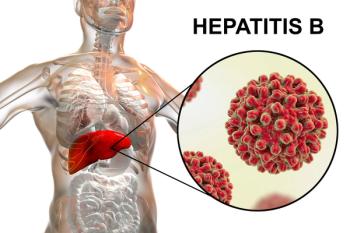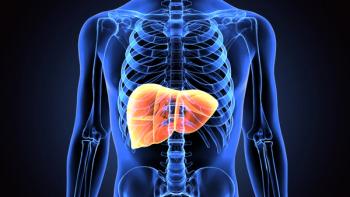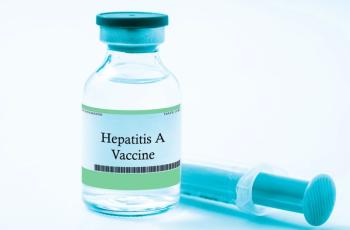
Hepatitis D Elimination: Progress, Opportunities, and Challenges
Gilead’s hepatitis D antiviral, bulevirtide, was dealt a setback last year when the FDA issued a complete response letter. Positive results from a phase 3 trial of bulevirtide, were reported in July.
Hepatitis B and C have been in the spotlight when it comes to hepatitis, and not without good reason. They are common and can be prevented and treated. But another variety of the disease is beginning to attract attention as a worldwide public health priority
Earlier this month, Thomas Vanwolleghem, Ph.D., of the University of Antwerp in Belgium, and colleagues published an epidemiological view of hepatitis D in
The hepatitis D virus (HDV), also known as delta hepatitis, is a viral infection that affects the liver. It is considered one of the most severe forms of viral hepatitis, as it can only occur in individuals who are already infected with the hepatitis B virus and can worsen illness. Should an HBV infected person acquire HDV — the combination is known as a superinfection — the two viruses can hasten the development of serious liver disease and increase the risk of liver cancer. Both coinfection and superinfection are common as both diseases share similar risk factors such as injection drug use, commercial sex work, and sex between men.
With almost 300 million of the global population living with chronic hepatitis B, the eradication of hepatitis D is crucial to reducing the burden of liver disease worldwide, say global health experts. While the elimination of hepatitis D may seem like a daunting task, it is not impossible. However, it requires a comprehensive approach that includes prevention, diagnosis and treatment strategies. To achieve this goal, it is important to understand the needs and challenges that must be addressed, Vanwolleghem and his colleagues explored the key factors that hinder the elimination of hepatitis D as a public health problem and discussed the potential solutions to overcome these challenges.
Their report is based on discussions of a technical meeting of the Viral Hepatitis Prevention Board a group of international experts on hepatitis whose executive secretariat is part of Centre for the Evaluation of Vaccination of the University of Antwerp. Vanwolleghem is an adviser to Viral Hepatitis Prevention Board.
Hepatitis D primarily affects individuals in low- and middle-income countries, with an estimated 12 to 15 million people affected worldwide, many of whom face obstacles to receiving to healthcare services. Vanwolleghem and his co-authors note, for example, that accurate screening tests for anti-HDV antibodies in low- and middle-income countries are often in low supply, making it difficult to properly assess the impact of HDV in at-risk populations. They also note that the incidence and prevlance of hepatitis Dis changing, due to factors such as increased hepatitis B vaccine coverage, migration, improved diagnostics and clinical trials of antiviral agents, presenting new opportunities for understanding and treating the infection.
Current guidelines for hepatitis D treatment recommend off-label use of pegylated interferon-alpha as the standard treatment, which results in approximately 25% of patients achieving viral suppression. However, advances in antivirals have led to the development of new drugs, such as Gilead’s bulevirtide.
Bulevirtide, sold under the brand name
Related:
Vanwolleghem and his colleagues said combating hepatitis C will require adequate screening, updated clinical guidelines, treatment options and knowledge among professionals and policymakers. They said more reliable data on the burden of HDV infection can bring about better awareness of the illness among the public, public health officials, and clinicians.They noted the importance of hepatitis B vaccination in reducing the burden of HDV infection, as observed in the hepatitis B vaccination program in Peru.
Newsletter
Get the latest industry news, event updates, and more from Managed healthcare Executive.























